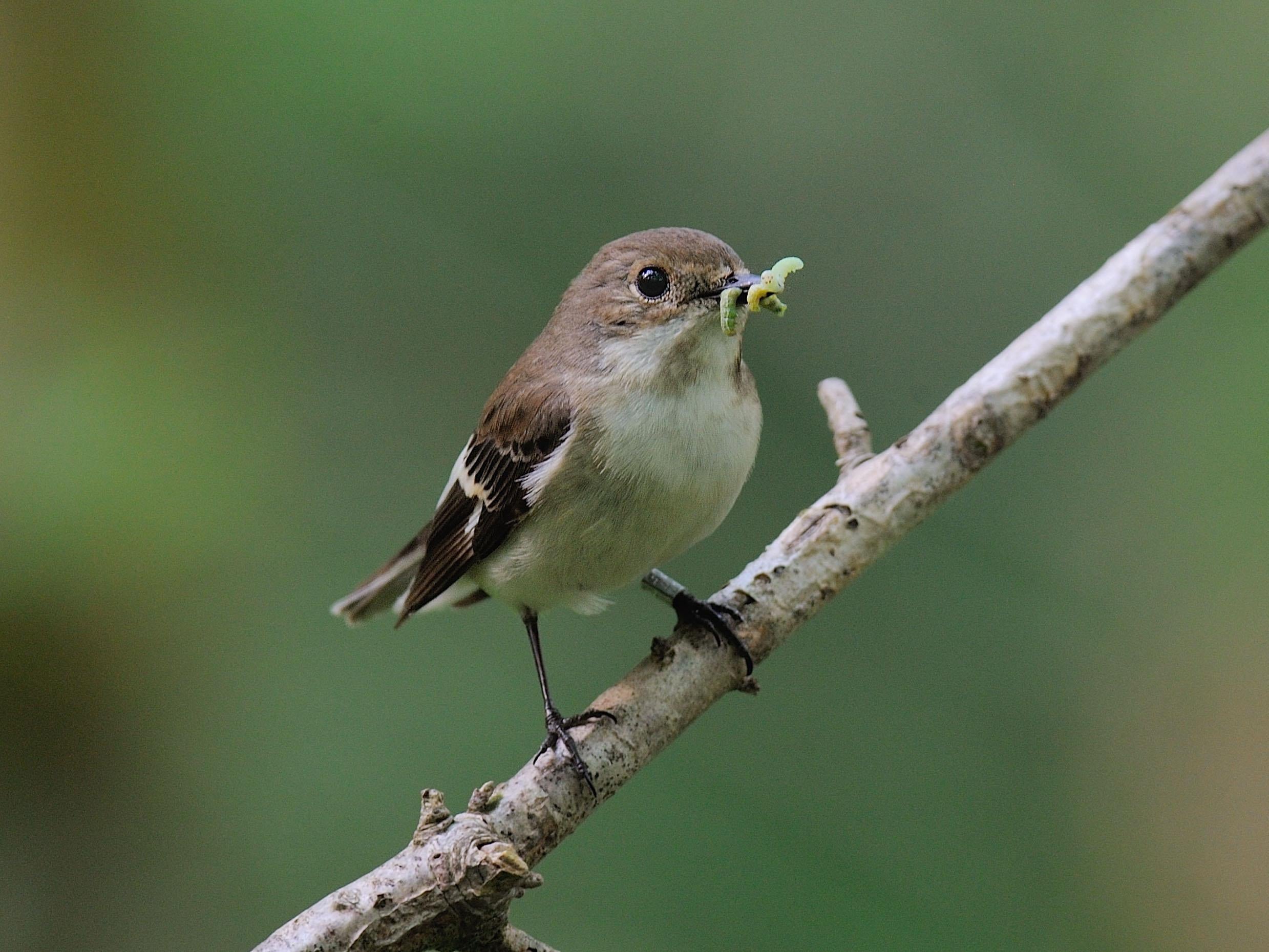Climate change leaves birds hungry as chicks hatch too late to eat caterpillars
Earlier springs in UK are throwing animals' natural rhythms into disarray, resulting in population declines

Warmer springs due to climate change are leaving chicks in UK woodlands hungry, according to new research.
As springs get warmer earlier, caterpillar numbers spike too soon meaning by the time many birds' eggs have hatched later in the season, there is not enough food to go around.
The study adds to mounting evidence that the changing climate is playing havoc with the seasons and causing problems for animals and plants whose actions are calibrated to annual rhythms.
When animals rely on seasonal shifts to feed, grown and develop, these mismatches can be fatal.
“Previous work has shown a mismatch does lead to population declines,” Dr Karl Evans, one of the study’s authors at the University of Sheffield, told The Independent.
Dr Malcolm Burgess, a bird researcher at the University of Exeter and the RSPB who led the research, added: "Forests have a short peak in caterpillar abundance, and some forest birds time their breeding so this coincides with the time when their chicks are hungry.
"With spring coming earlier due to climate change, leaves and caterpillars emerge earlier and birds need to breed earlier to avoid being mismatched. We found that the earlier the spring, the less able birds are to do this.”
The researchers focused on three species nesting across the UK – blue tits, great tits and pied flycatchers.
They used data collected largely by a national network of citizen scientists to explore the spring emergence of oak tree leaves and the caterpillars that feed on them, and the timing of nesting by the three bird species.
The results of this work were published in the journal Nature Ecology and Evolution.
"The biggest mismatch was among pied flycatchers – as migratory birds, they are not in the UK in winter and therefore are much less able to respond to earlier spring weather,” said Dr Burgess.
The species fly from sub-Saharan Africa at the beginning of spring.
The research team also wanted to investigate whether there was a greater seasonal mismatch effect in southern Britain – which has seen particularly severe declines in some bird species in recent years.
But Dr Ally Phillimore, a member of the research team from the University of Edinburgh, said they "found no evidence of north-south variation in caterpillar-bird mismatch for any of the bird species".
He added: “Therefore, population declines of insectivorous birds in southern Britain do not appear to be caused by greater mismatch in the south than the north."
Bird numbers in general have seen significant declines in recent years, a trend thought to be linked with the collapse of insect populations which in turn results from the overuse of pesticides.
Farmland bird populations across Europe have dropped by over 50 per cent in the last few decades.
With climate change placing additional strain on bird populations, it is unclear whether or not they will be able to adapt if its effects continue to worsen.
“Birds shift the timing of breeding, and they tend to breed earlier in springs that are warmer – but the manner in which they are shifting isn’t sufficiently rapid, that’s the theory,” said Dr Evans.
“People are starting to look at whether there’s capacity for evolutionary change to improve their ability to match, but the evidence is very mixed at the moment.”
Join our commenting forum
Join thought-provoking conversations, follow other Independent readers and see their replies
Comments
Bookmark popover
Removed from bookmarks